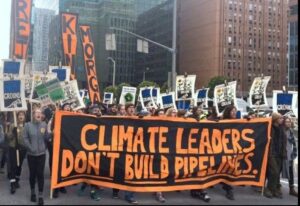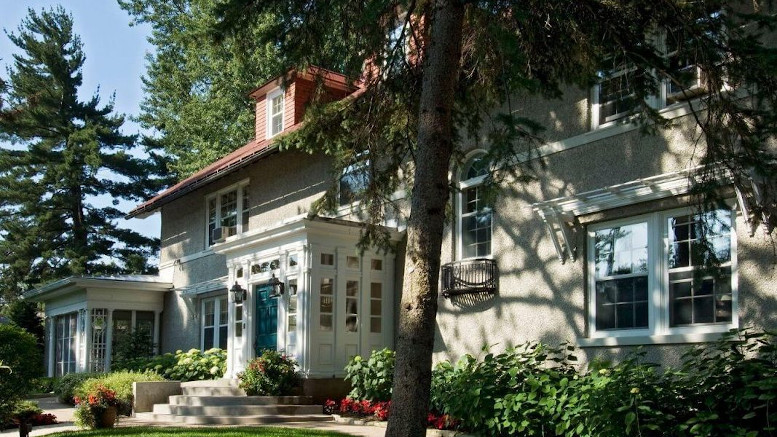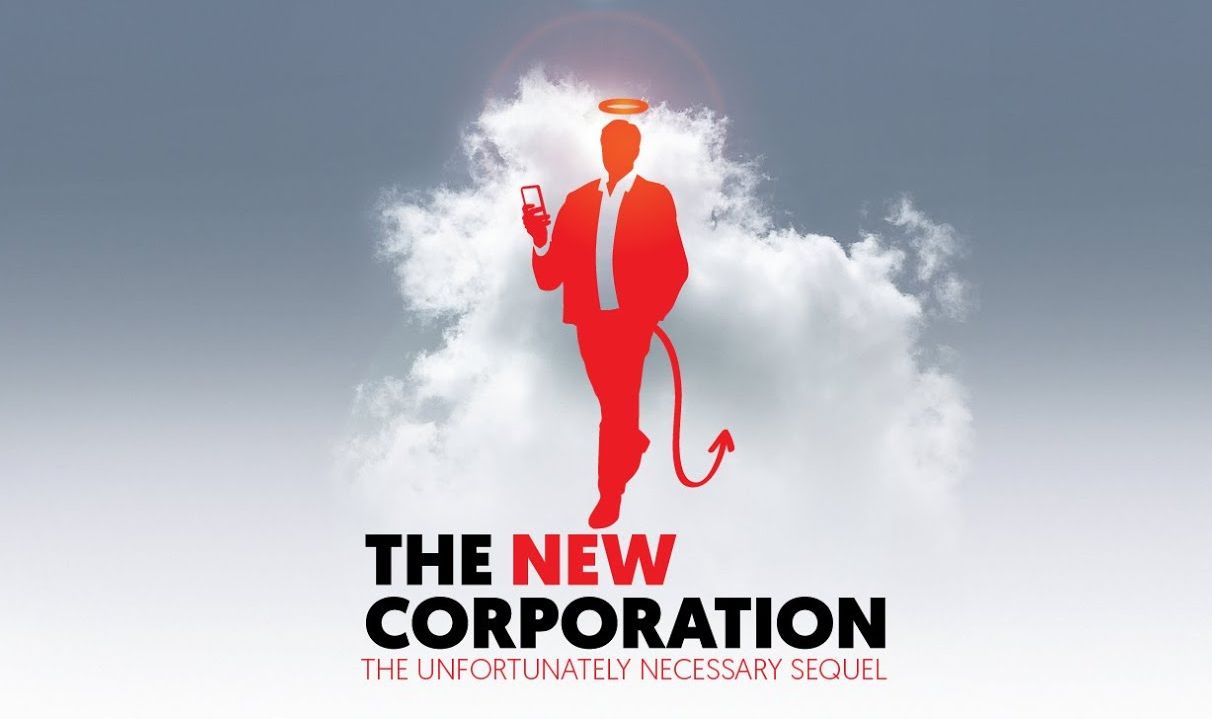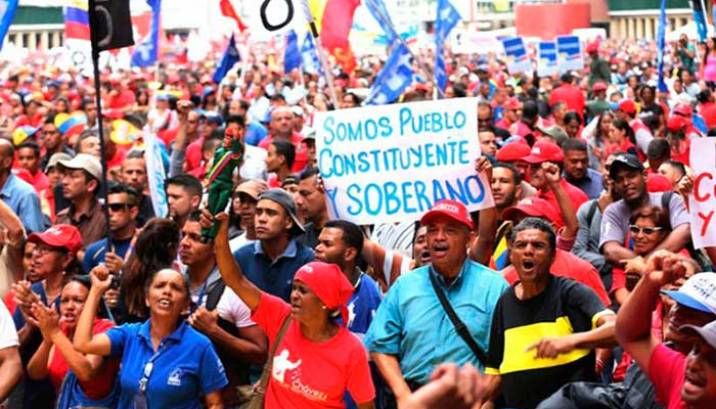 The Liberal government is well into its second year and Trudeau’s initial aura is fast fading. Through most of 2016, Liberal poll support was nearly 50%. In the last few months, support has dropped to around 40%. Both the Tories and NDP have made modest gains, but the polls are more or less at the same level as the last federal election, which the Liberals won comfortably. After the disastrous 2015 election the NDP, if it ever hopes to win an election, has the most ground to make up.
The Liberal government is well into its second year and Trudeau’s initial aura is fast fading. Through most of 2016, Liberal poll support was nearly 50%. In the last few months, support has dropped to around 40%. Both the Tories and NDP have made modest gains, but the polls are more or less at the same level as the last federal election, which the Liberals won comfortably. After the disastrous 2015 election the NDP, if it ever hopes to win an election, has the most ground to make up.
It is not surprising that the Liberals have lost support as Trudeau’s actions increasingly contradict his election image. The Liberals have pushed through Harper’s agenda of cutting public health funding, signing a trade deal with Europe and not repealing the anti-democratic Bill C-51. Trudeau pushed through two tar sands pipelines and went on a junket trip to the Aga Khan’s private island. The Liberals contemptuously reversed their clear election commitment for electoral reform. He enthusiastically supported Trump’s bombing of Syria as part of his general sucking up to Trump – even as Trump steps up attacks on Canada.
His comment on Bombardier senior managements’ 50% salary increase shows his real views, “We respect the free market and the choices that companies will make.” Overall, Trudeau is revealing that he is a typical politician who cynically betrays promises and a typical Liberal who mouths progressive rhetoric on some social issues while implementing pro-capitalist economic policies.
Why is the Liberals’ support still solid? Shouldn’t the “left-wing” party, the NDP, be making ground on Trudeau? That the Liberals are still positioned for re-election with a comfortable majority can be explained by two factors: First, the Tories may be leaderless but the rhetoric from candidates such as Leitch or O’Leary is probably scaring wavering Liberal voters into sticking with Trudeau, despite his broken promises. Second, the NDP, also leaderless, is still drifting. There are no signs that the next leader will have the politics or stature of Corbyn (UK), Sanders (US) or Mélenchon (France). Such a leader, energetically campaigning for universal healthcare and pharmacare, a $15 minimum wage, a national house-building program and other radical policies, would galvanize the millions of workers and youth who are open to a strong socialist message.
At this stage, effective resistance to Trudeau and neoliberalism is not coming from the NDP or the traditional battalions of labour. Rather it is coming from food service workers in universities, the fight for $15, anti-pipeline groups, Indigenous and anti-racist movements. These important struggles are not yet connected. They need to come together recognizing that the working class, having the mass power of numbers, has the potential to resist capitalism and organize for a socialist transformation of society.



